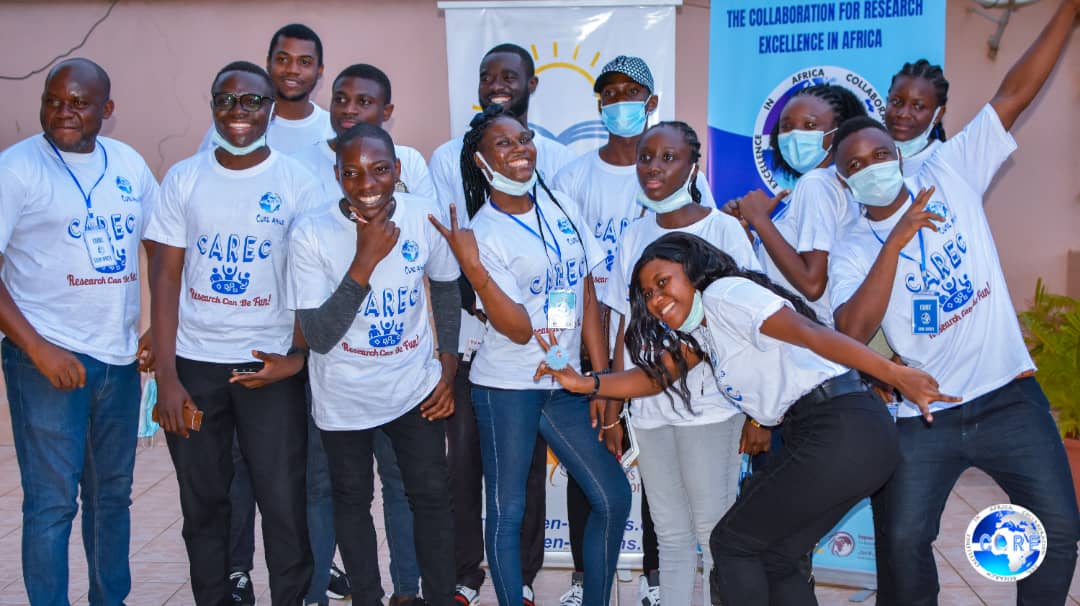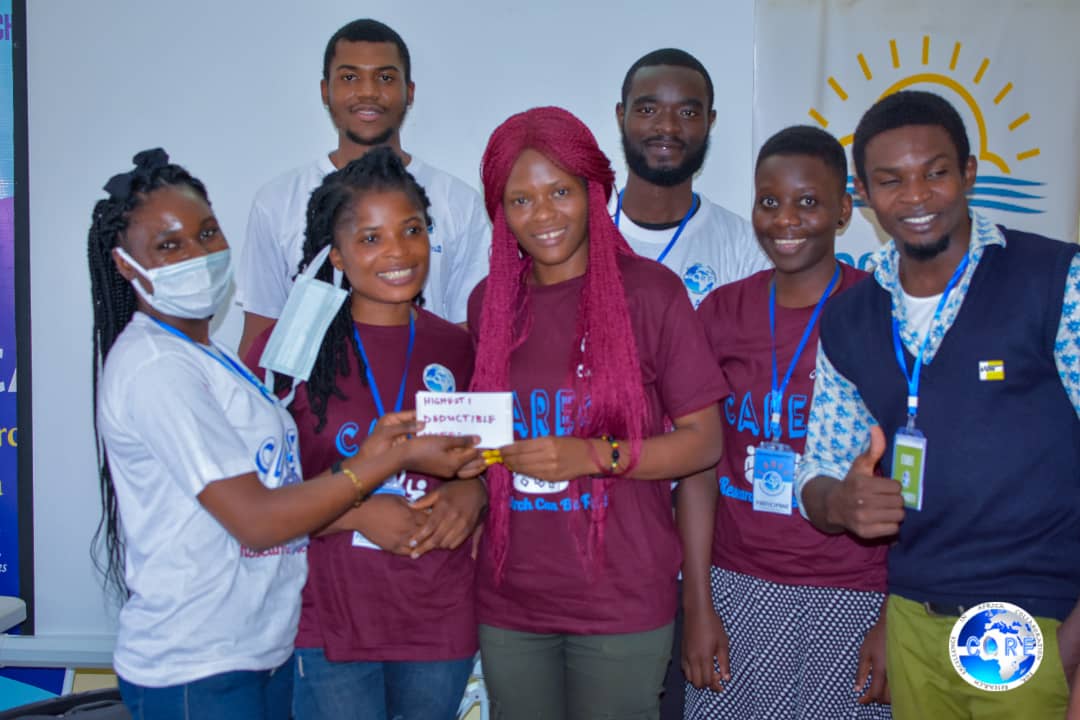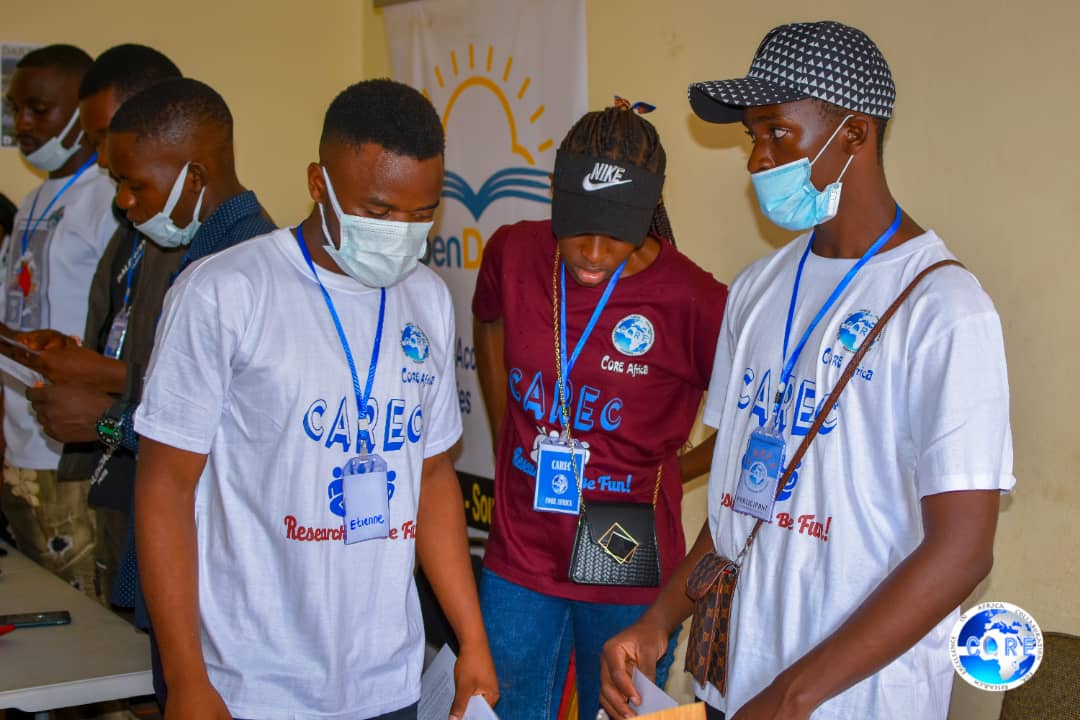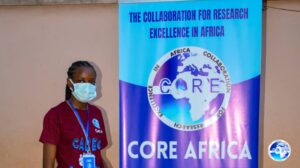
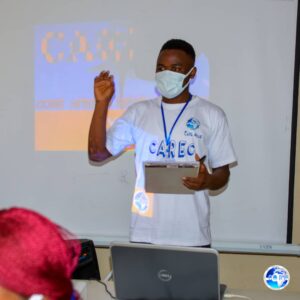
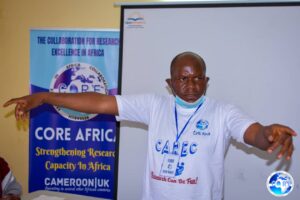
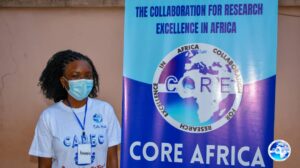
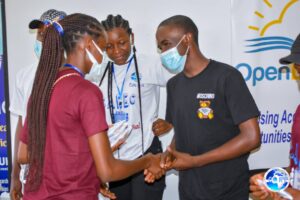
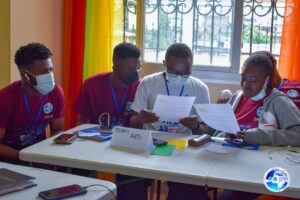
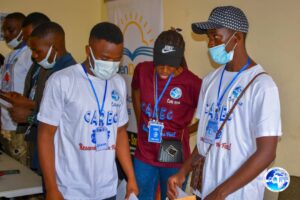
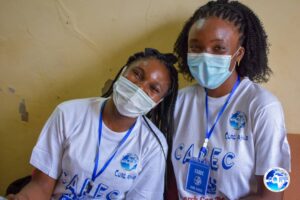

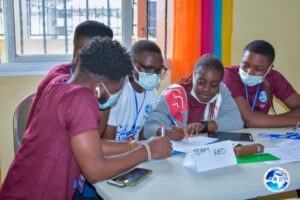
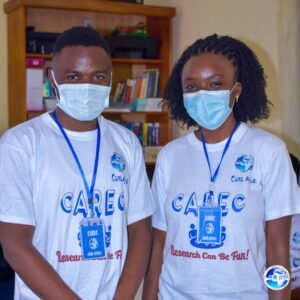
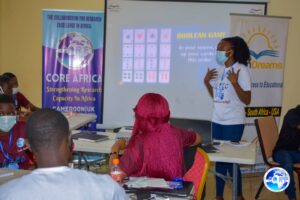
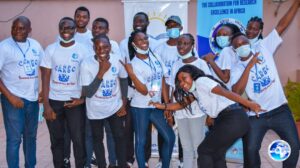
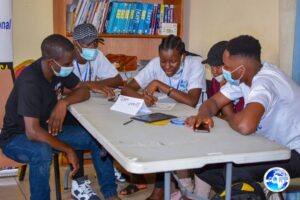
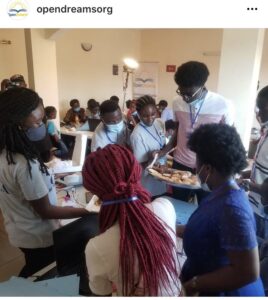
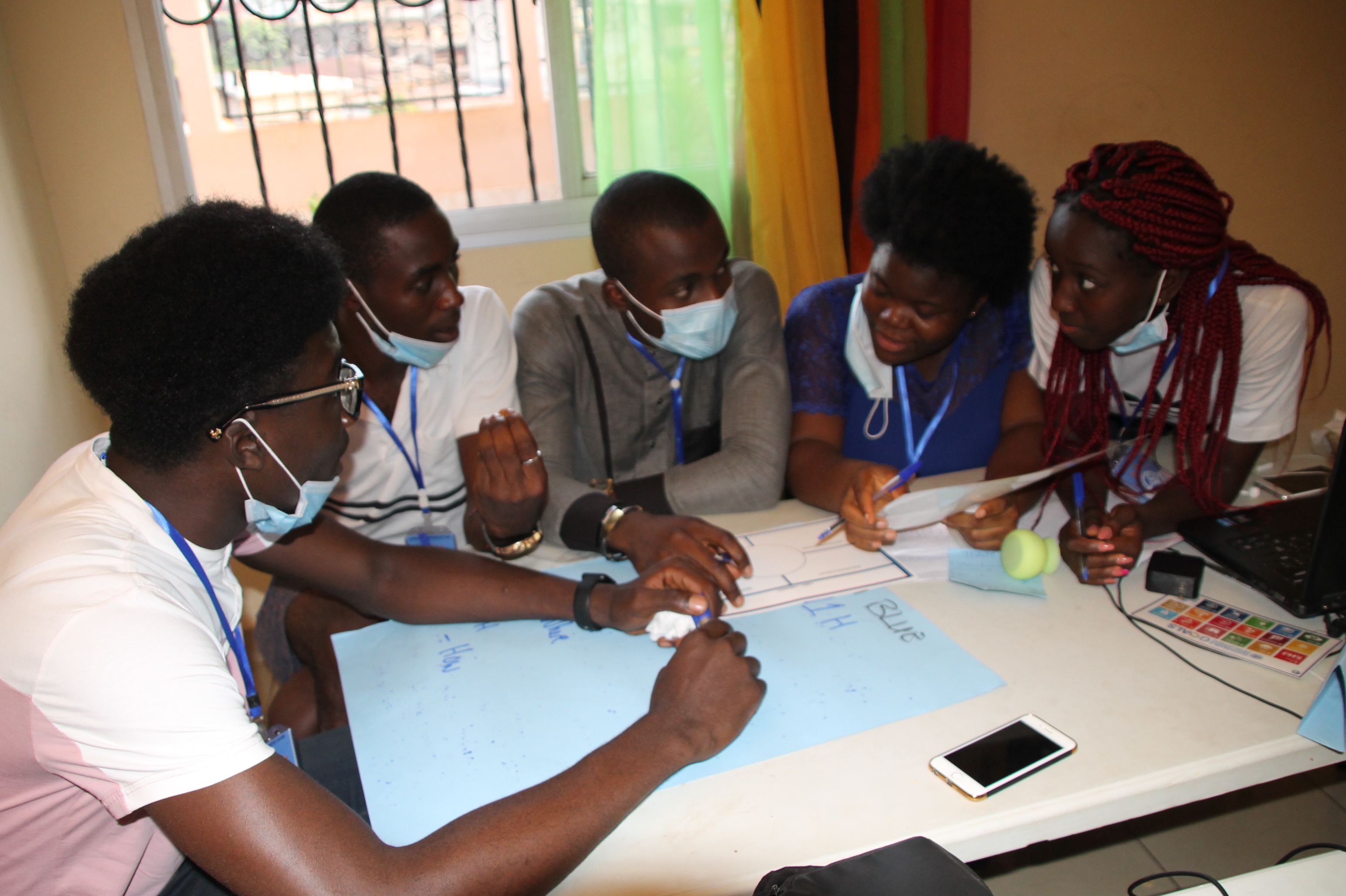

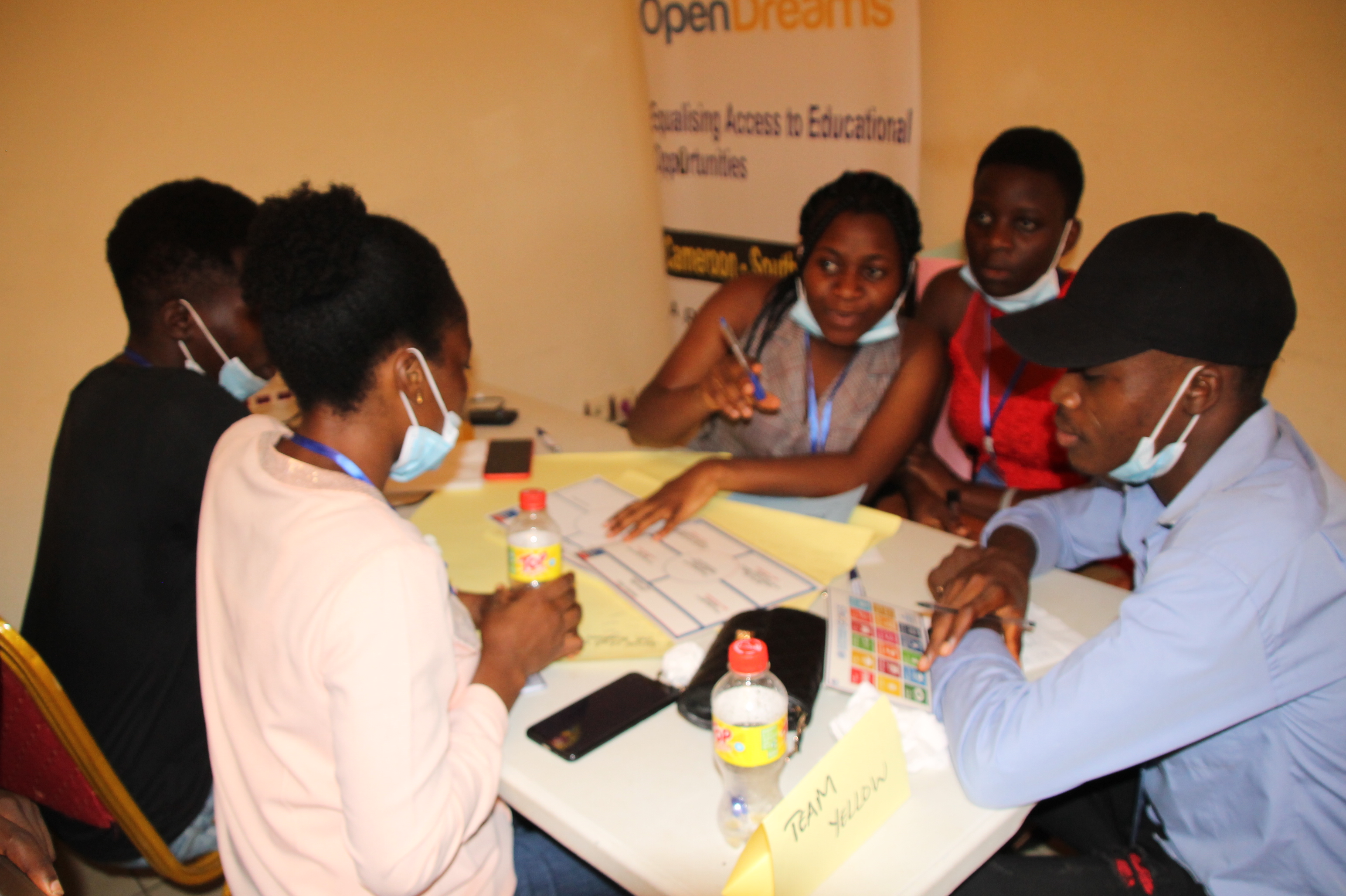
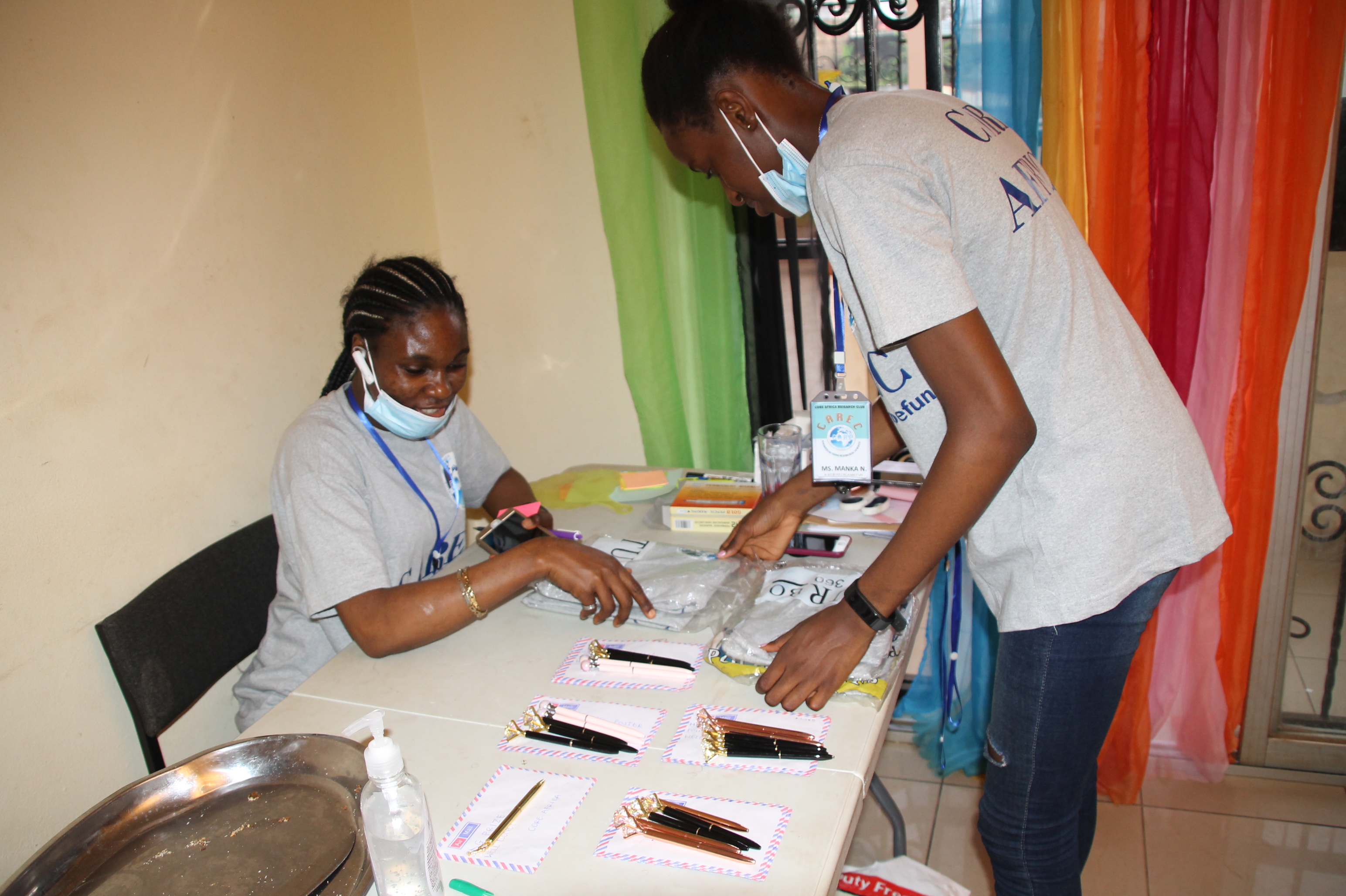
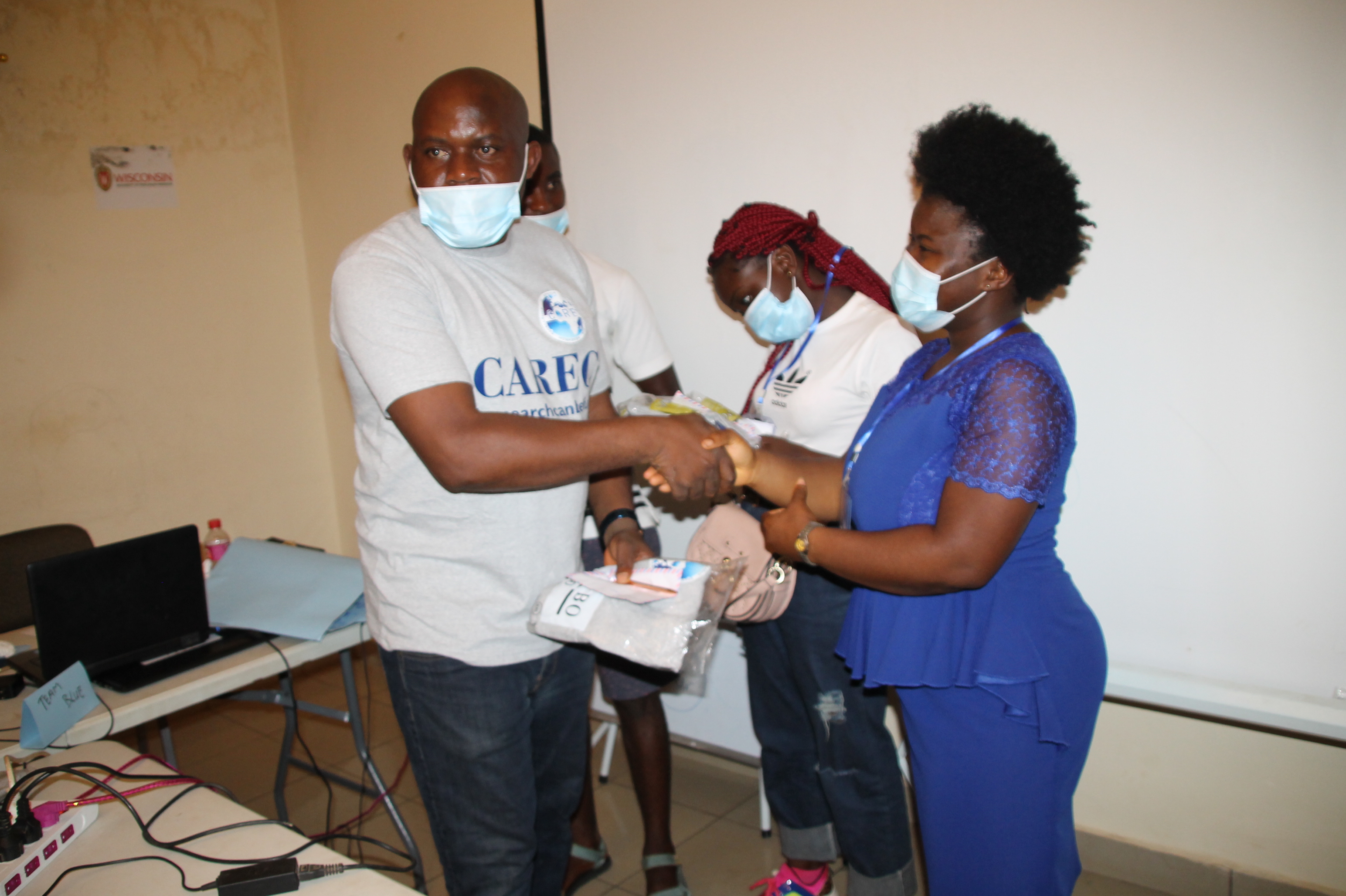
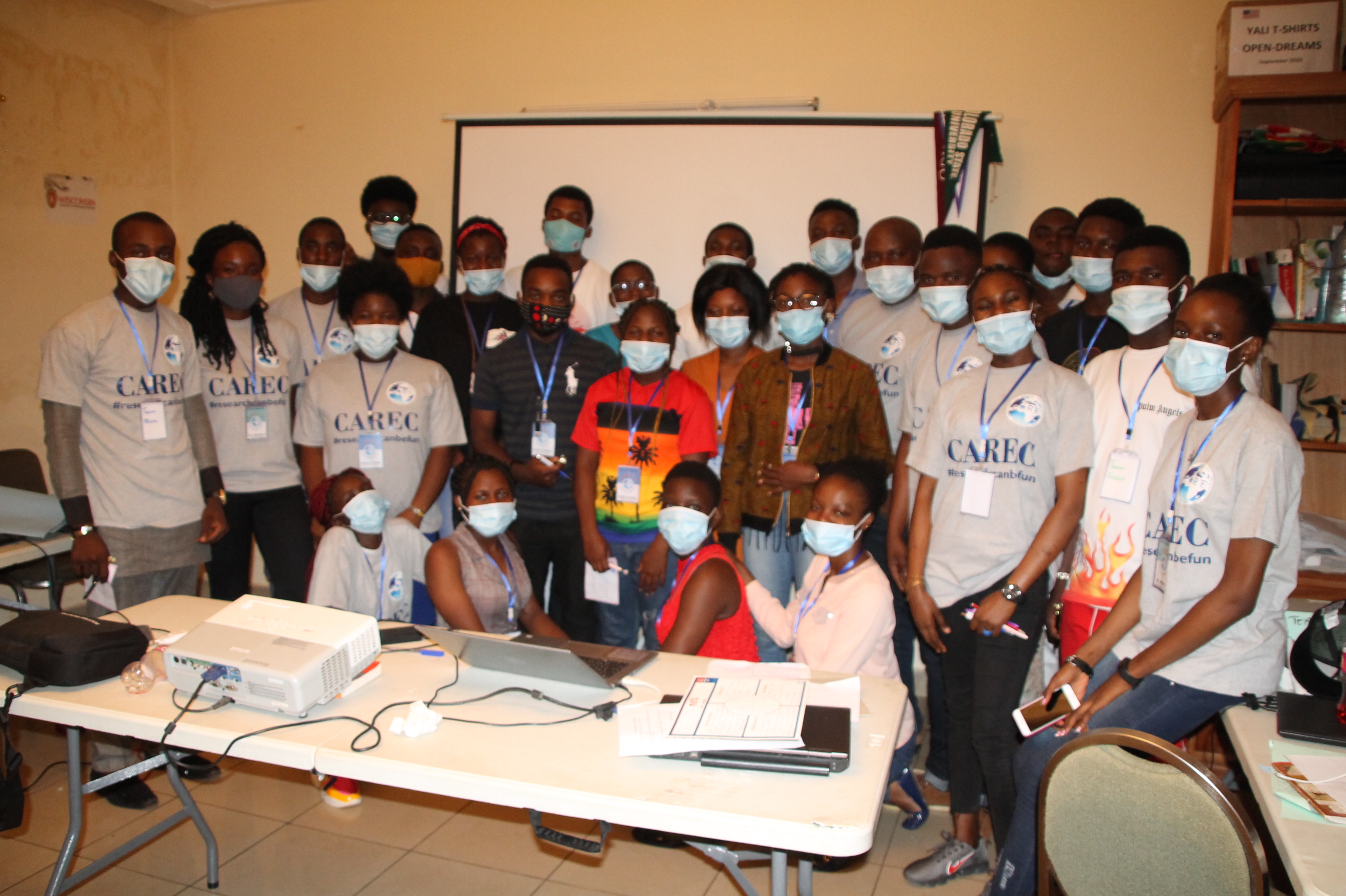
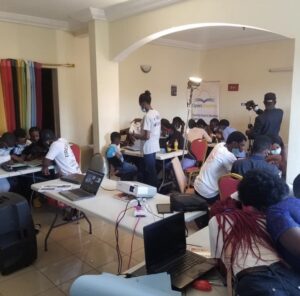
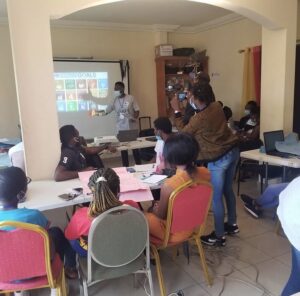
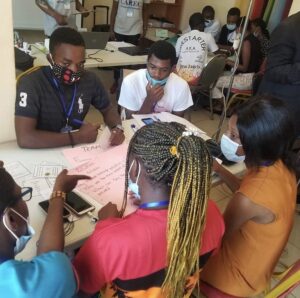
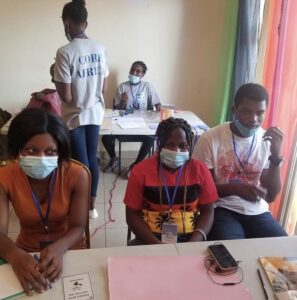
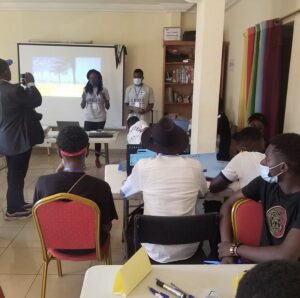
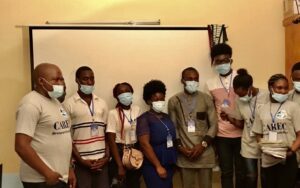
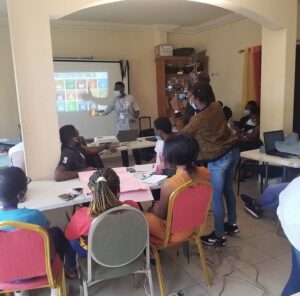
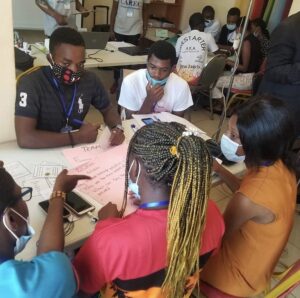
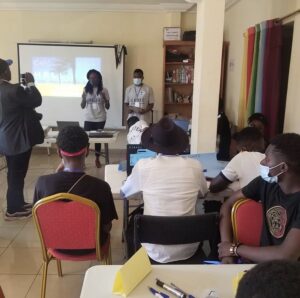
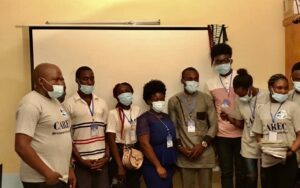
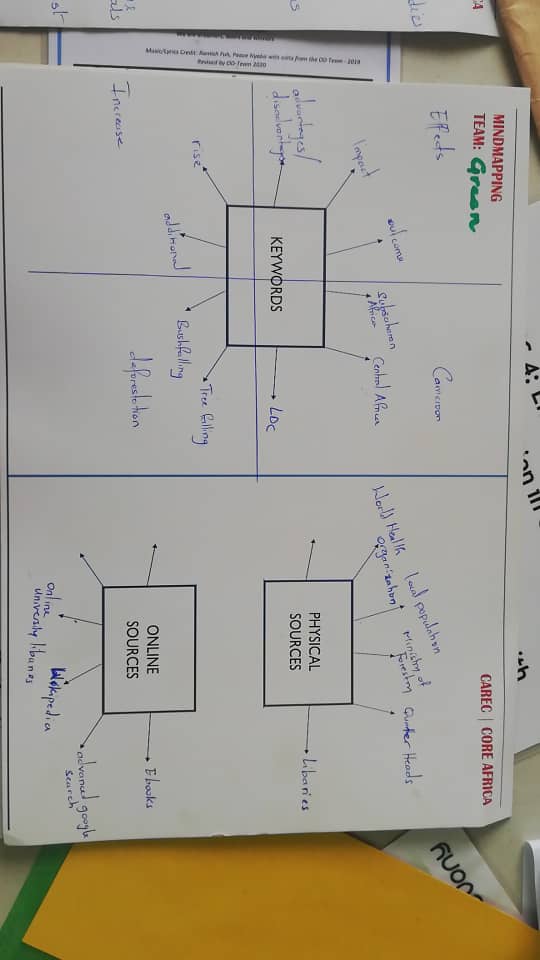
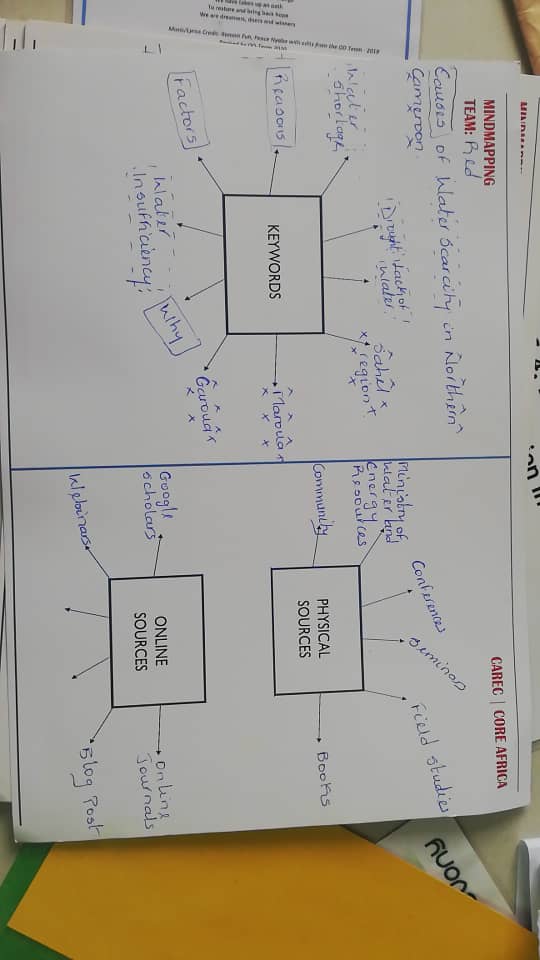
THE PROBLEM
All students in Africa are required to do research at the university. However, most African students have little or no background knowledge about research prior to university. Students face numerous challenges with research at the university, including a lack of understanding of why they have to do research, a lack of motivation to do research, insufficient support available to help them choose a research topic, and insufficient guidance on how to do good quality research.

MANY UNIVERSITY STUDENTS SEE RESEARCH AS SOMETHING THEY ‘HAVE TO DO’ AS A REQUIREMENT TO GRADUATE…
SEVERAL END UP WORKING ON PROJECTS THAT THEY HAVE NO INTEREST IN…
SUCH PROJECTS USUALLY MAKE LITTLE OR NO CONTRIBUTION TO SOCIETAL PROBLEMS.

THE PREMISE
African countries face numerous challenges, ranging from poverty to poor health and poor development. Some of these problems can be addressed through academic research.
Enabling African students from an early stage to understand the importance of research to society and supporting them in their research efforts is a step towards building the next generation of researchers who can make a positive contribution in tackling real life problems in their communities and societies.
INTRODUCING STUDENTS TO RESEARCH BEFORE THEY GET TO THE UNIVERSITY OR EARLIER THAN TRADITIONALLY DONE WOULD HELP THEM DEVELOP BASIC RESEARCH KNOWLEDGE & SKILLS, AND BETTER PREPARE THEM FOR RESEARCH AT THE UNIVERSITY AND BEYOND
THE CORE AFRICA RESEARCH CLUB (CAREC)
The CORE Africa Research Club (CAREC) engages students in fun and exciting activities through which they learn basic research concepts and develop practical skills. We primarily target pre-university students and students who recently started university.
Student learning prior to university is mostly confined to classroom lectures, and students are not encouraged to supplement learning with information from other sources. This challenges their abilities to think beyond the classroom or develop real life skills such as critical thinking and problem-solving. Engaging pre-university students and educators in research activities is a step towards creating a positive research culture in African educational institutions, and building a lasting community of high potential students who are interested in and capable of undertaking quality research in the future.
CAREC has FIVE key objectives:
=> To increase students’ awareness on the importance of research to society
=> To introduce students to basic research concepts and help them identify common research malpractices
=> To educate students on how research can be beneficial to their academic and professional development
=> To empower students to choose research topics that are relevant to their societies
=> To orientate students on the role of research in different career paths
PROGRAMME NEWS & UPDATES

The RCISSA project was shortlisted for the prestigious Reimagine Education Awards, from a pool of 1507 applications from 39 countries worldwide! Reimagine Education is an international competition rewarding innovative initiatives aimed at enhancing student learning outcomes & employability. RCISSA was shortlisted for the The K12 category, which seeks innovative new pedagogical approaches, technological tools or employability-enhancing endeavours targeted at the K12 sector

Stakeholder consultation meetings for RCISSA were carried out with school authorities from Cameroon, Nigeria and Uganda. The overall response to the project was positive and encouraging. All stakeholders found the project to be a good initiative for their students.


